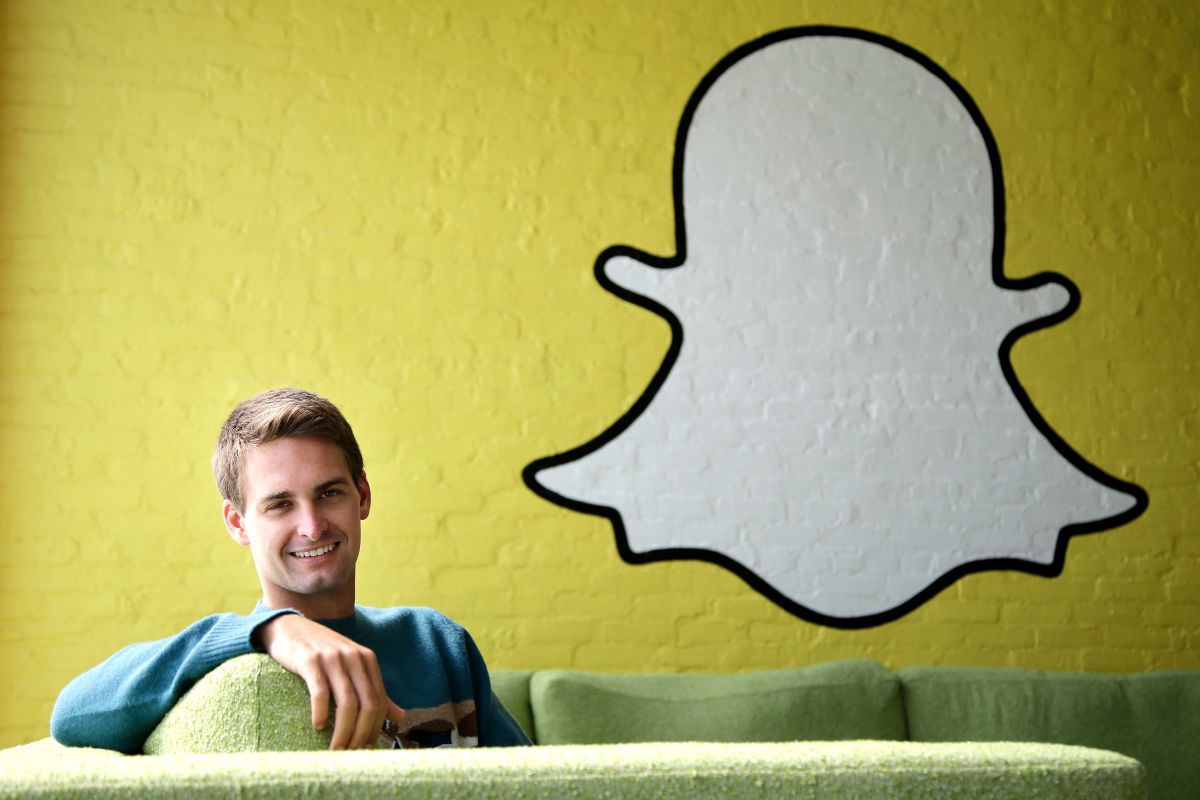Snapchat, the smartphone application whose main draw is the ability to send photo, video and now messages that disappear in a matter of seconds, was charged by the Federal Trade Commission for misleading users on a key point: Not all of your messages disappear.
In its marketing Snapchat states that "snaps" will "disappear forever." The commission charged that this is not always true. Third-party apps allow photos to be saved, and if users have an old iPhone operating system they can take screenshots without the photo sender being notified, according to the New York Times.
On Thursday, Snapchat has agreed to settle these charges with the FTC. The company released a statement on its blog saying that they had made mistakes in the nascent stages of the company, and that many of those issues had been resolved. Part of the statement read:
"While we were focused on building, some things didn’t get the attention they could have. One of those was being more precise with how we communicated with the Snapchat community. This morning we entered into a consent decree with the FTC that addresses concerns raised by the commission. Even before today’s consent decree was announced, we had resolved most of those concerns over the past year by improving the wording of our privacy policy, app description, and in-app just-in-time notifications. And we continue to invest heavily in security and countermeasures to prevent abuse."
Deceiving users was not the only abuse Snapchat was charged with. The commission also charged the company with transmitting users' location information, for Android users in particular, though it promised not to. It also alleged that Snapchat collected data, including contacts in a user's address book, from iOS users.
Edith Ramirez, chairwoman of the FTC, released a statement regarding the charges. “If a company markets privacy and security as key selling points in pitching its service to consumers, it is critical that it keep those promises,” she said in the statement. “Any company that makes misrepresentations to consumers about its privacy and security practices risks F.T.C. action.”
Snapchat has garnered a lot of buzz for the app's "ephemeral" nature of communication. (It has been known as a "sexting app.") It also gained infamy when CEO Evan Spiegel declined a several-billion-dollar buyout offer from Facebook's Mark Zuckerberg.
The charges come during an era in which tech and mobile companies routinely collect user data -- and even sell it to advertisers. These charges are especially troubling given that Snapchat is one of several apps that promise users a level of privacy, and transience.
Last week Snapchat showed that it still had room to grow as a company. It rolled out a series of new features including text messaging that you can save, and face-to-face video chatting (much like iPhone's "Face Time" feature).
h/t New York Times, FTC



Shares